Getting Paid

While some literary magazines pay up to a few hundred dollars for literary work, many don’t pay at all. A published writer offers an overview of how to find paying markets, when to publish for free, and tips for a submission strategy.
Jump to navigation Skip to content

While some literary magazines pay up to a few hundred dollars for literary work, many don’t pay at all. A published writer offers an overview of how to find paying markets, when to publish for free, and tips for a submission strategy.

In her third novel, Our Missing Hearts, best-selling author Celeste Ng continues to explore the social and political pressures that shape family dynamics—this time in a story set in a contemporary dystopia that feels frighteningly familiar.

The celebrated Bulgarian bookmaker Stopan calls on his country’s craft traditions to create fantastical artist’s books that are “both in and out of folklore.”

The author on the journals and zines that published essays from their collection, Brown Neon.
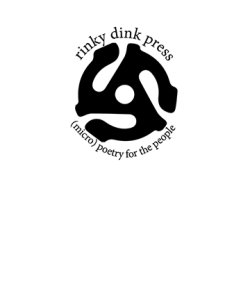
Each no bigger than a deck of cards, rinky dink’s “micro zines” aim to “get poetry back in the hands (and pockets) of the people” and make the genre more accessible.
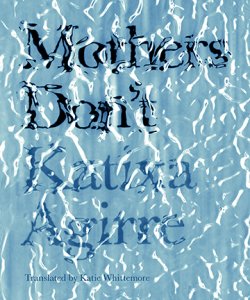
By presenting translations in trios, a new initiative from Open Letter Books puts international literature in context and celebrates the role of translator as curator.
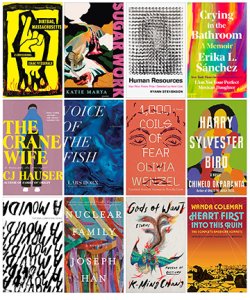
The first lines of a dozen noteworthy books including The Crane Wife: A Memoir in Essays by CJ Hauser and Gods of Want by K-Ming Chang.

Lesley Wheeler reckons with vulnerability, loss, and family through a close reading of Jan Beatty’s poem “Red Sugar."
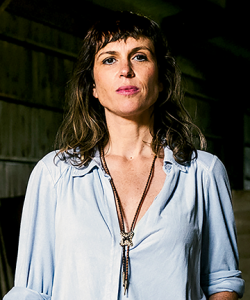
The author chose to share her memoir draft with family and friends and face their varied reactions to her recollection of the past—reactions which ultimately made the book richer.
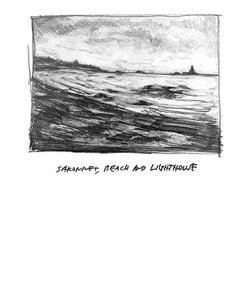
Writer and visual artist Ben Shattuck turned his journals from walks through New England’s wild spaces into a book of drawings and text titled Six Walks: In the Footsteps of Henry David Thoreau.